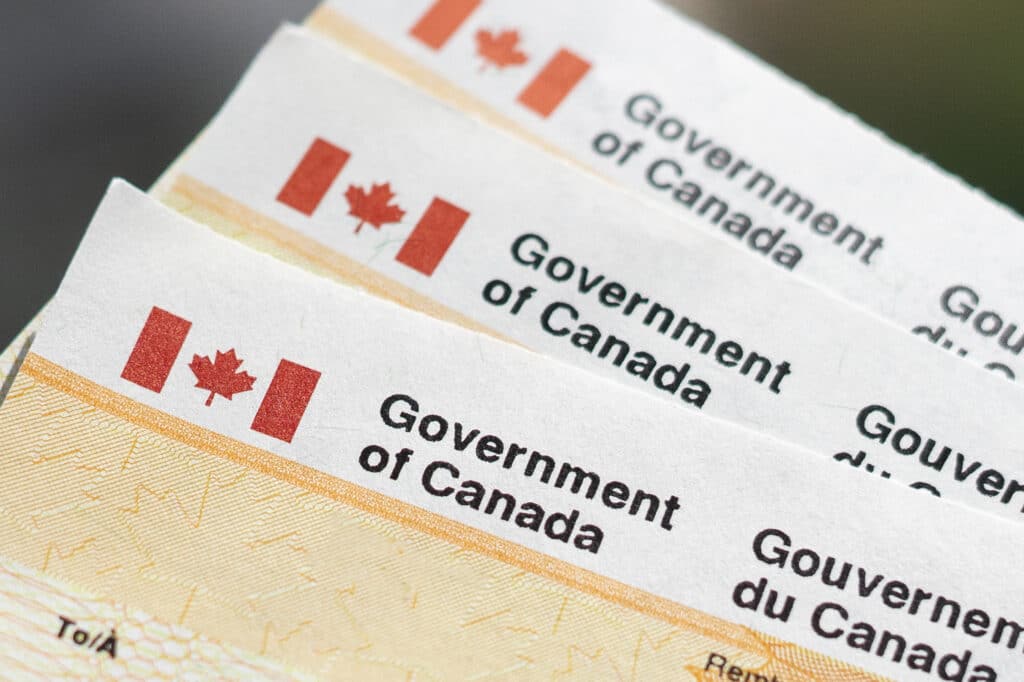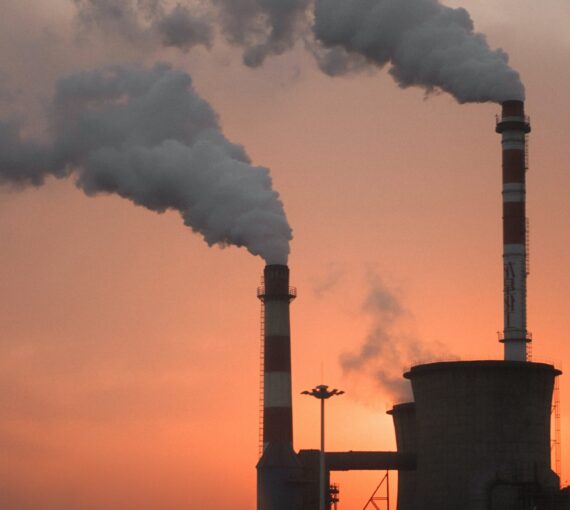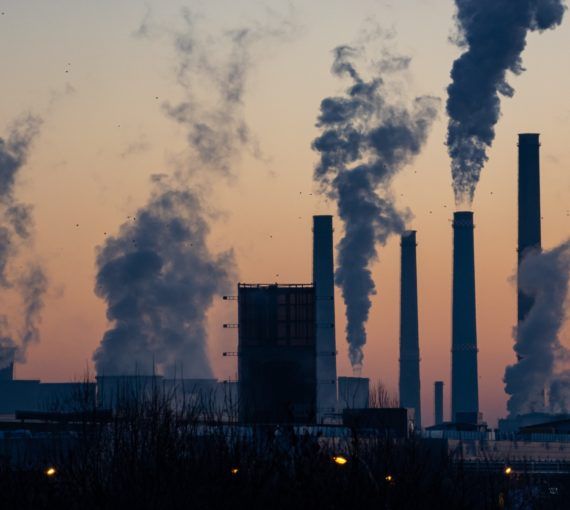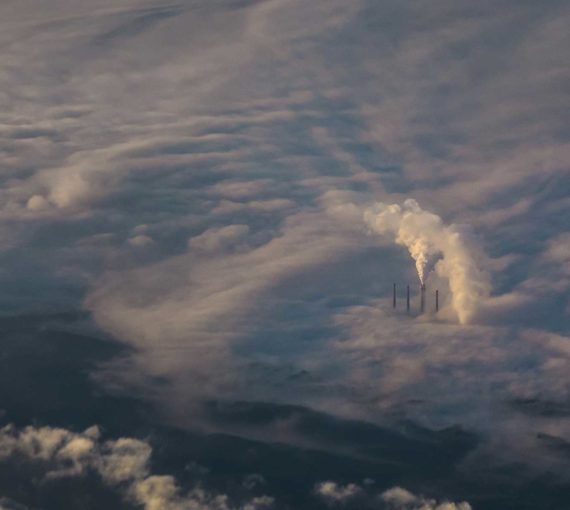
To ensure Canada’s carbon levy (which isn’t by definition a “tax”) doesn’t drive up the cost of living, the government gives a quarterly rebate, recently renamed the “Canada Carbon Rebate.”
Putting a price on carbon emissions from burning coal, oil and gas is a proven way to reduce reliance on fossil fuels, conserve energy and shift to renewable sources and technologies.
Some politicians have seized on carbon pricing as the next populist bogeyman. Their efforts are rife with disinformation, at a time when good policies and credible information are desperately needed.
To ensure Canada’s carbon levy (which isn’t by definition a “tax”) doesn’t drive up the cost of living, the government gives a quarterly rebate, recently renamed the “Canada Carbon Rebate.” It returns 90 per cent of the money collected to households, giving more than eight of 10 more back than they’re paying for the levy, especially low- and middle-income families. Rural residents get an additional rebate. Cutting fossil fuel use puts households even further ahead. Many people are rightfully worried about losing those rebates.
Because of efforts by the fossil fuel industry and its government and media supporters, coal, oil and gas development continues to increase, driving up emissions, global heating and living costs.
There’s no denying that living costs are rising, but not because of carbon pricing, which the Bank of Canada says contributes a minuscule 0.15 per cent of the inflation increase. Far more significant has been fossil fuel industry profiteering and volatile fuel markets — especially as Big Oil capitalizes on Russia’s invasion of Ukraine.
Shifting to renewable energy — now less expensive than fossil-fuelled power — lowers household energy costs and creates more pricing stability. Heat pumps, electric vehicles and better public transit also save money.
We must employ every available tool to keep the planet from heating to catastrophic levels. The carbon tax is one of many, and it’s effective — at a lower economic cost than other policies. As a recent open letter from more than 100 economists points out, “Carbon pricing is the lowest cost approach because it gives each person and business the flexibility to choose the best way to reduce their carbon footprint.”
It’s important that we don’t go backward. Last year shattered another record for global heating! At 1.48 C warmer than the pre-industrial average, we are perilously close to — and possibly even surpassed early this year — the 1.5 C limit countries at the 2015 Paris climate summit (COP21) agreed should not be exceeded.
“Carbon pricing is the lowest cost approach because it gives each person and business the flexibility to choose the best way to reduce their carbon footprint.”
We’re now seeing the costly, devastating consequences: increasing wildfires, heat domes, droughts, water shortages, intense hurricanes and floods, extinction rates and biodiversity loss, pollution- and heat-related health issues and death and people fleeing increasingly inhospitable parts of the world.
Because of efforts by the fossil fuel industry and its government and media supporters, coal, oil and gas development continues to increase, driving up emissions, global heating and living costs.
Along with putting a steadily increasing price on the fuels causing these disastrous outcomes, we must also rein in the industry, with measures such as taxing their windfall profits and ending subsidies, which amounted to $18.6 billion in Canada last year. (Canada’s carbon levy started out at $20 a tonne in 2019, and is scheduled to increase by $15 a tonne per year until 2030. It rose to $80 a tonne on April 1.)
To keep the planet livable for humans and most other life forms, we can’t keep burning fossil fuels, which are becoming scarce and costly, especially as we increasingly rely on dirtier fuels that are harder to develop and process, such as oilsands bitumen.
This is no time to get rid of effective policies, or even water them down. Those attacking the carbon levy with false and misleading information offer no alternatives, especially ones as cost-effective as carbon pricing.
From a simple cost-of-living perspective, it also makes no sense to keep lining the pockets of Big Oil executives with obscene profits and massive subsidies. As renewable energy technologies rapidly improve and costs drop dramatically, fossil fuel prices continue to skyrocket, increasing costs of multiple necessities, from transportation to home heating. Climate-related damage to everything from agriculture to human health also drives up costs for everyone.
Economists conservatively estimate that climate change impacts will cost Canada’s economy “at least $35 billion by 2030, and much more in future decades.”
We are undeniably in the midst of a climate crisis. This is no time to get rid of effective policies, or even water them down. Those attacking the carbon levy with false and misleading information offer no alternatives, especially ones as cost-effective as carbon pricing.
We need to do far more, not less, for the sake of all people and those yet to be born. Our future depends on the choices we make now. Let’s make it a brighter one.



